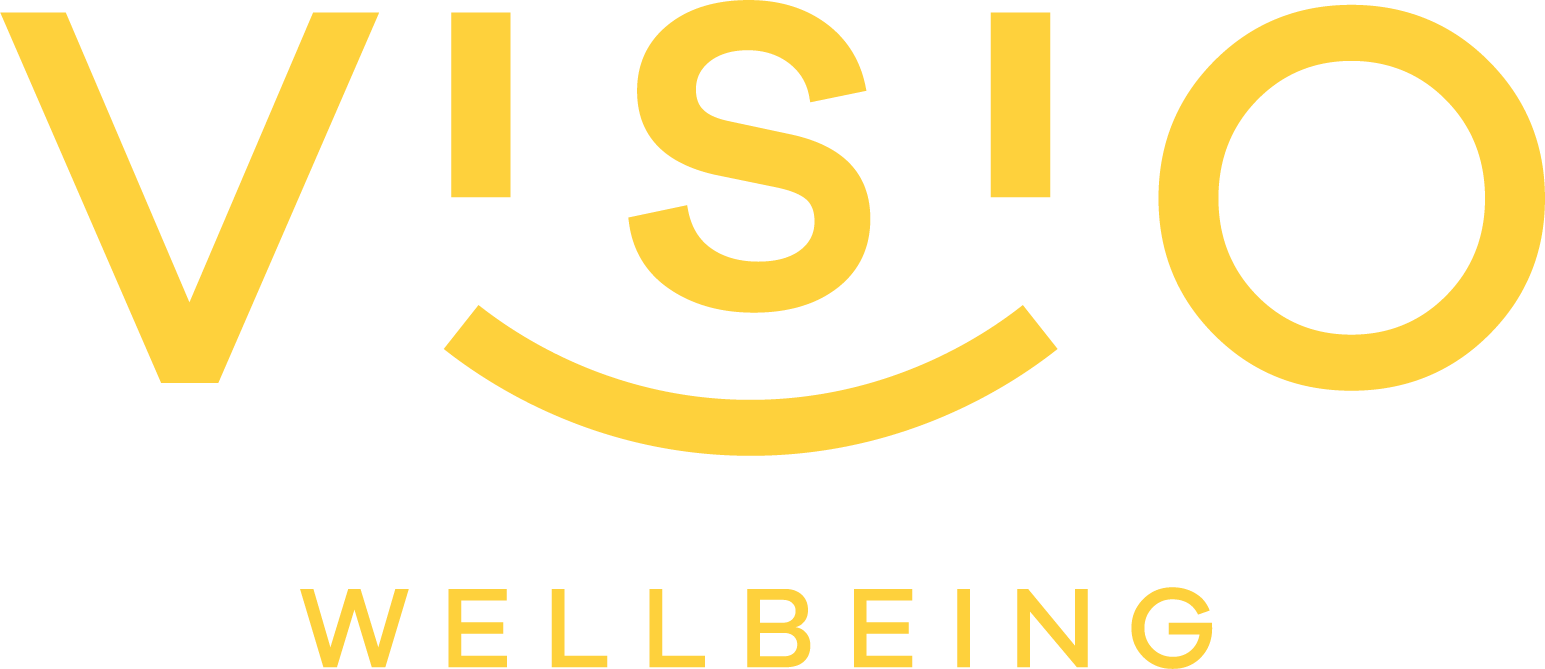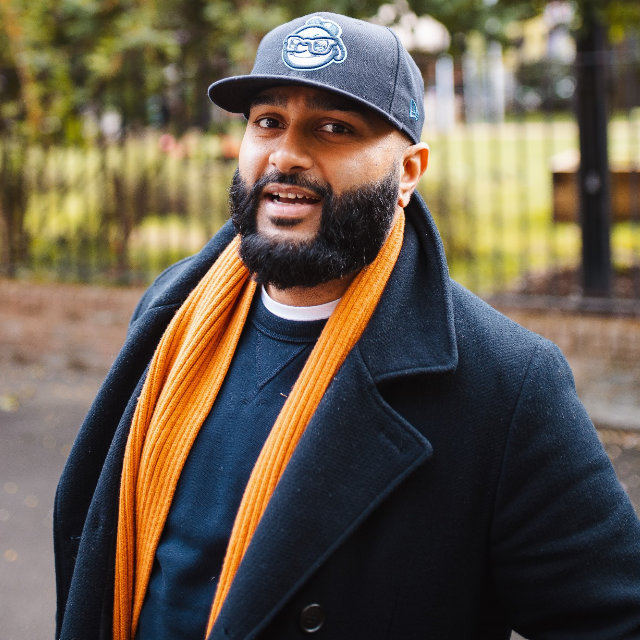Exercise

Importance of exercise
Exercise is fundamental to our wellbeing; it’s a lifeline for our bodies and minds.
When we move, our heart pumps, our muscles engage, and our lungs breathe deeply. But beyond the mechanics, exercise fuels resilience—both physically and mentally. It reduces stress, boosts mood, and sharpens cognition. Our bones strengthen, our immune system revs up, and our energy increases. Moving our bodies is a sure fire way to alleviate your stress in the moment and get you back on track for feeling your best; both short-term and long-term.
It is crucial for maintaining overall health and wellbeing. Here are some key reasons highlighting its importance:
- Cardiovascular Health: Regular exercise strengthens the heart and improves circulation, reducing the risk of heart disease, stroke, and high blood pressure.
- Weight Management: Physical activity helps maintain a healthy weight by burning calories and increasing metabolism.
- Bone and Muscle Health: Exercise enhances bone density and muscle strength, which can prevent osteoporosis and sarcopenia (muscle loss due to aging).
- Mood Improvement: Exercise triggers the release of endorphins and other chemicals that improve mood and reduce feelings of depression and anxiety.
- Stress Reduction: Physical activity can help reduce stress by lowering cortisol levels and providing a distraction from daily worries
- Energy Levels: Regular physical activity boosts energy levels by improving cardiovascular efficiency and reducing fatigue.
- Sleep Quality: Exercise can improve the quality of sleep, helping you fall asleep faster and enjoy deeper sleep.
Types of exercise
There are four general categories when it comes to exercise. Each plays a different role for maintaining and improving our body and mood; and should all be taken into consideration when planning an exercise routine.
Aerobic exercise
Aerobic exercise is any exercise that increases heart rate and breathing, which improves endurance, as well as heart health and lung health. It helps to lower cholesterol, relax blood vessel walls, burn body fat, lower blood pressure and blood sugar.
Aim for around 150 minutes of aerobic exercise per week. This can be done in the gym, or outside, or even at home.
Strength training
Building muscle mass has been around for centuries; it is not simply confined to people aiming to ‘look good’. There are an array of benefits such as increased strength, increased metabolism, mood elevation, bone growth and stress/pain reduction in the body. As we grow older, we naturally lose muscle mass, so it is increasingly important to add a form of strength training to your exercise routine, especially in your later years.
Aim for 2-3 sessions per week, of 20 minutes minimum. This can be done in the gym, or at home with weights or bodyweight exercises.
Stretching
We lose our natural flexibility as we age, from around 12 years old. Muscles shorten and stop functioning as effectively as they should. This increases conditions such as joint pains and muscle cramps. Stretching exercises increase muscle length and flexibility. This help provide positive benefits such as increasing your range of motion and reducing the risk of injury when engaging in strenuous activities.
Aim for 3-4 days of stretching exercises per week.
Balance exercises
Our balance is dictated by out sensory systems, including our vision, our inner ear and our leg muscles. Maintaining and improving our balance is important as we age, because it helps us feel more confident on our feet, and reduces the risk of falling and injuring ourselves.
Aim for 3 days of balance exercises per week.
How can I exercise?
Often, when people think of exercise, they feel negative or don’t know where to start. Exercise doesn’t necessarily mean going to the gym 7 days a week and burning yourself out. It can involve anything that utilises body movement, such as:
Aerobic exercise
- Sports
- Running
- Jogging
- Brisk walking
- Cycling
- Dancing
- Rowing
Strength training
- Weight lifting
- Bodyweight exercises (e.g. squats)
- Day-to-day strength tasks such as walking up stairs, carrying heavy shopping bags, pushing a wheelchair, carrying a baby etc.
Stretching
- Yoga
- Pilates
- Light stretching
Balance exercises
- Yoga
- Tai chi
- Balance exercises
It’s important to find an exercise type that suits your lifestyle and, more importantly, one that you actually enjoy! This will ensure that you feel motivated to continue, to see bodily and mood changes. You can start slowly and ease yourself in, as it can feel daunting to go from nothing to multiple times a week. Start with once a week and progress from there.
Problems that can be alleviated through exercise
- Stress
- High blood pressure
- Excess weight
- Diabetes
- Arthritis
- Bowel cancer
- Breast cancer
- Dementia
- Asthma
- Physical pains
- Heart disease
- Anxiety
- Depression
- Low quality sleep
- Low energy levels
What can I expect from exercising?
Exercising has a wealth of physical and mental benefits such as:
- Improve mood
- Increase appetite
- Increase metabolism
- Increase muscle mass
- Better weight management
- Improve heart health
- Improve lung health
- Increase confidence
- Natural endorphin release
- Feel less stressed/anxious/depressed
- Better sleep
- Improved quality of life
What are the risks?
It is possible to injure yourself if you exercise incorrectly, with improper form or if you do not warm up properly. For this reason, it is important to consult a health professional before starting any new routine to ensure it is done safely.
How long before I see results?
It typically takes 3-4 weeks of consistent training to notice progress in muscle strength and endurance. For aerobic exercise, noticeable improvements take around 6 weeks.

Our Treatments and Price List
Varies depending on the practitioner. Please see our practitioners to book a consultation call and find out more.

If you would like to discuss Wellbeing treatments, please get in touch with a member of our team


















